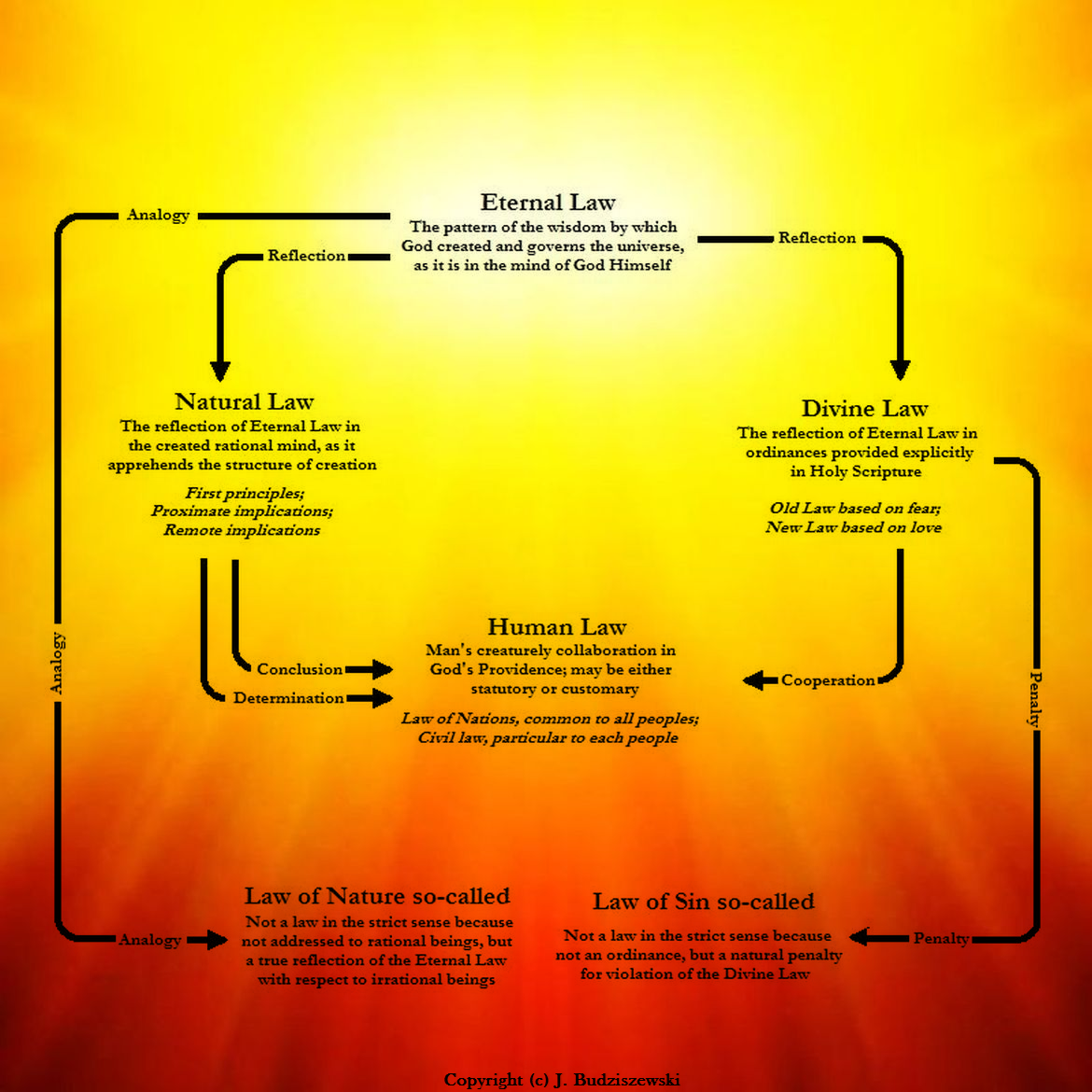Grant
Puritan Board Graduate
What does this mean most often in our day when someone throws the term around? I mean the big “T”.
My understanding is that a Theonomist believes the civil law should still be enforced and binding. Can anyone help my ignorance?
I hold to the general equity of the civil and I tend to think our government is obligated to uphold and support the moral law. Does that make me a Theonomist?
My understanding is that a Theonomist believes the civil law should still be enforced and binding. Can anyone help my ignorance?
I hold to the general equity of the civil and I tend to think our government is obligated to uphold and support the moral law. Does that make me a Theonomist?




